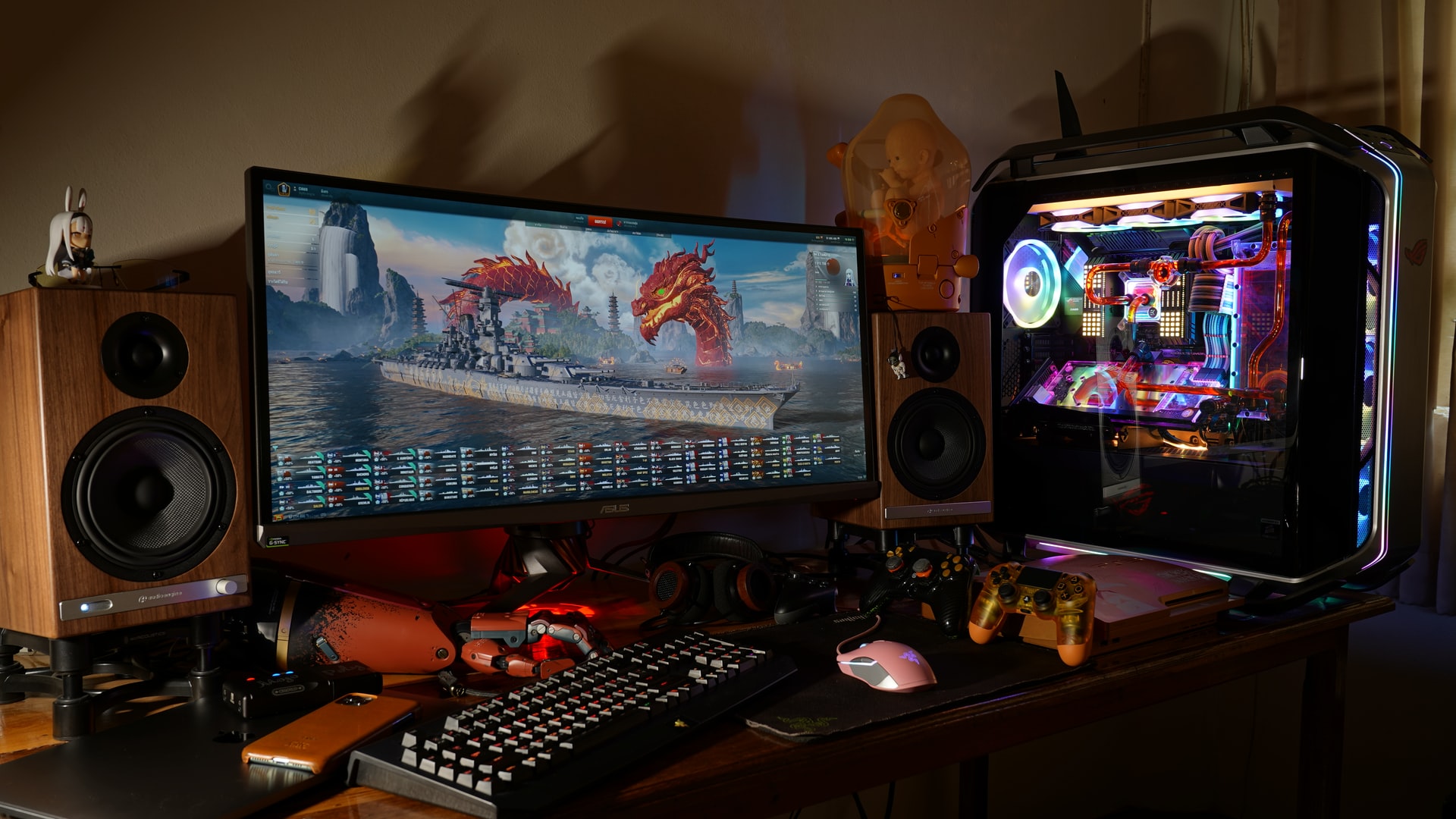The gaming computer market is a competitive one, and there are many companies that want your business. The best way to find the right gaming computer for you is to know what features you need in your new machine. The gaming computer blog below will help you understand all of the different components inside a gaming computer, and how they can be configured to meet your needs.
What to look for when buying a gaming computer:
The type of games you want to play on the new machine. Different game types will require different specs from your hardware, so be sure that you know what kind of game(s) are going to be played on it. The most popular genres this year include first person shooters and MMO role playing games, but there is plenty more out there if these don’t appeal. It’s also important to find out which specific titles might need better graphics or processing power over others in order for them not run slowly or glitchy (if they’re an older title). The best thing about finding information online before purchasing is that customer reviews can help make decisions much easier!
Which components are going to be used for the new computer?
The CPU, GPU and RAM are typically three of the most important pieces to consider when building a gaming rig. The more demanding games will require each component to have higher specifications in order to handle them properly. Lower specification components may work well with less intense titles, but they’ll often bottleneck any high-end game that is played on it as well (especially if there are multiple people playing together). The best way to make sure you get all of these right for your needs is by doing research before purchasing anything so that you know what specs exist and which ones would benefit your specific situation the most!
What type of display panel do you need?
Some gamers prefer monitors with smaller screens because they’re easier to carry around, while others prefer larger screens that have higher resolutions and make the graphics look better. The best way to find out which one is right for your situation is by having a conversation with someone who knows about all of these different specifications inside gaming computers (like us!)
The size of the computer case you should get. The space in your room or office will dictate how big of a build you can do within it! The type of components used also impacts this as well: smaller CPUs don’t take up nearly as much physical space than large GPUs and power supplies so keep this in mind when deciding on what’s going into the machine itself.
How many other people are using this new PC?
If it’s just going to be for one person then you will have more flexibility in choosing the right components, but if there are multiple people who want to use it at once then make sure that all of the different specifications match up with each other. The best way to decide this is by having a conversation about what your specific needs are and how many users might be using it simultaneously!

